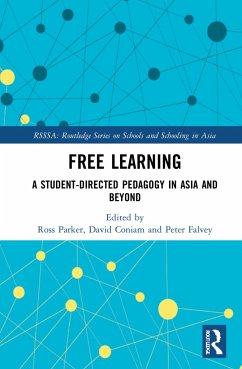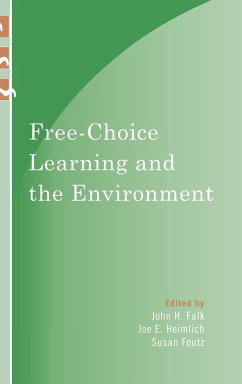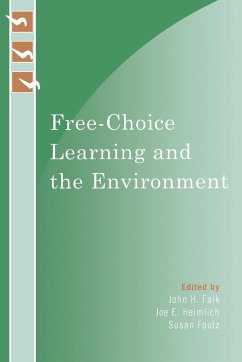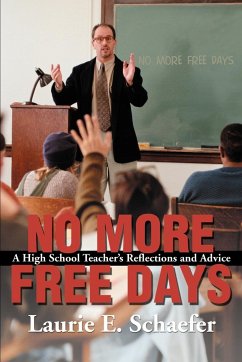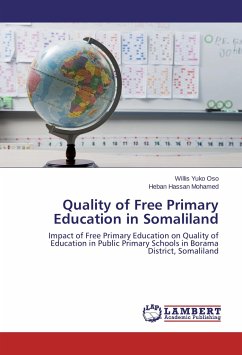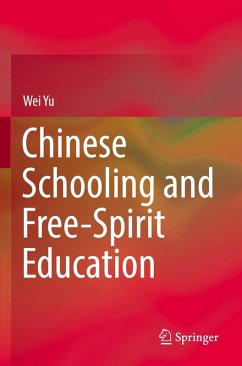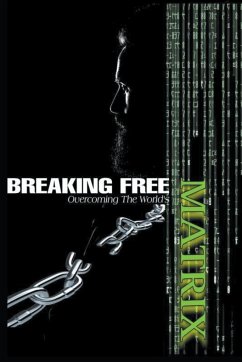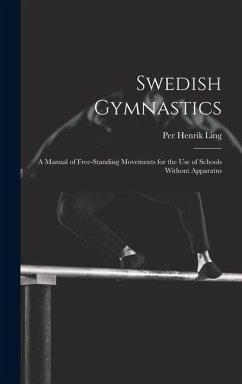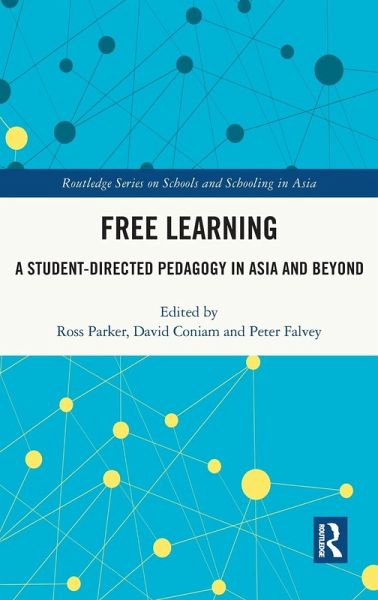
Free Learning
A Student-Directed Pedagogy in Asia and Beyond
Herausgeber: Parker, Ross; Falvey, Peter; Coniam, David

PAYBACK Punkte
93 °P sammeln!
This edited volume explores, investigates and analyses Free Learning - an innovative approach to student-directed learning which seeks to challenge educational norms from within. The volume is framed by a recognition of the urgent need for transformation of our educational systems. In traditional education, students work through a teacher-directed linear syllabus, at a pace dictated by the teacher, with summative assessment hurdles at too-frequent intervals. Progression and direction are determined solely by the teacher. In Free Learning, students determine their own learning pathway through a...
This edited volume explores, investigates and analyses Free Learning - an innovative approach to student-directed learning which seeks to challenge educational norms from within. The volume is framed by a recognition of the urgent need for transformation of our educational systems. In traditional education, students work through a teacher-directed linear syllabus, at a pace dictated by the teacher, with summative assessment hurdles at too-frequent intervals. Progression and direction are determined solely by the teacher. In Free Learning, students determine their own learning pathway through a non-linear syllabus, which can be visualised as a mind map. Students may then complete as many units as they either have time for or are interested in, moving from one unit to another on the basis of having formatively satisfied the demands of each individual unit. This volume showcases the value and potential of Free Learning in contemporary practice and is intended to bridge theory and practice. The structure of the book reflects this complementary fit, with contributions from practitioners describing Free Learning as a learning and teaching tool in a range of educational settings, subjects and age-ranges. It also contains qualitative and quantitative analyses by researchers exploring the uptake of Free Learning and students' responses to the methodology. ¿ Researchers and educators who are interested in student-directed methodologies, especially in Asia, will find that the practical accounts and analyses of Free Learning contained within provide much food for thought with regard to redefining student learning.




